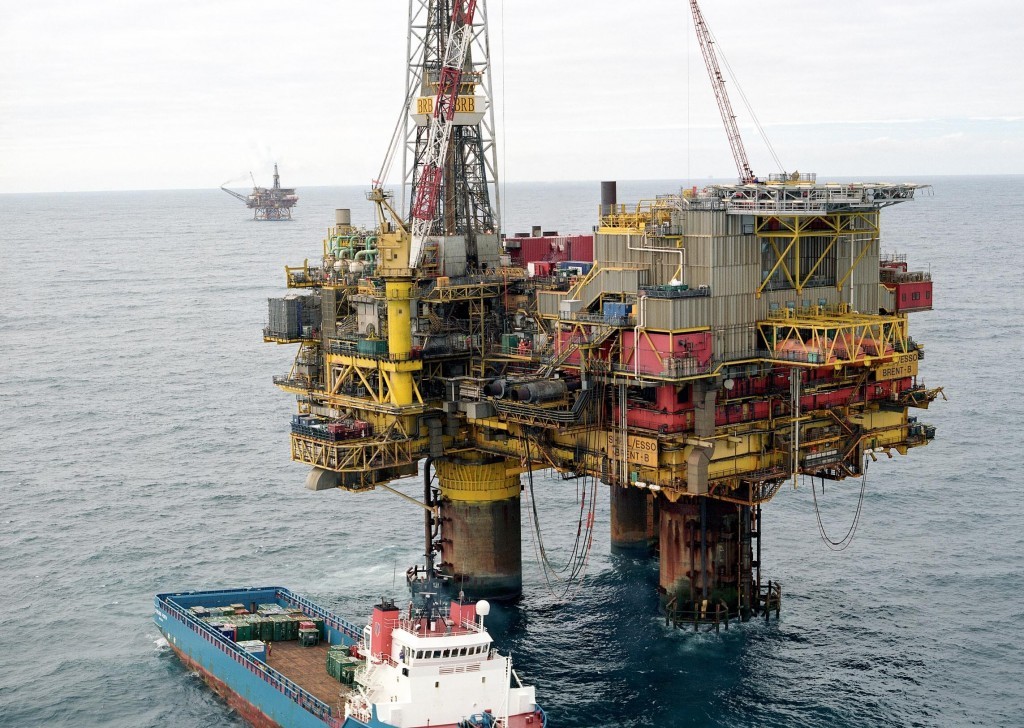
Shell said today that it had submitted “a majority” of the plan for its Brent field decommissioning campaign to the UK Government.
Earlier, WWF Scotland cited a Shell communique to stakeholders as saying the plan was with the UK department for Business, Energy and Industrial Strategy (Beis).
But a spokesman for Shell later confirmed that the submission process had not been fully completed.
The remaining documents are expected to be handed in during the next few weeks, with a 60-day public consultation to start early next year.
In July, the firm said it would ask for permission to leave the giant legs of three of its four Brent field platforms in the North Sea, along with storage cells, drill cuttings and heavier pipelines.
If Beis approves the plans, permission to leave structures behind must be granted by OSPAR, a pan-European body which was set-up to protect the marine environment of the north-east Atlantic and which takes its name from the Oslo and Paris Conventions.
Under OSPAR rules, installations must be removed in their entirety once they reach the end of their production cycle.
But that stipulation was brought in after the Brent platforms were installed and Shell is hopeful the organisation will give it an exemption.
WWF Scotland director Lang Banks said he was pleased the consultation would wait until after the Christmas holidays, as it would give people more time to respond.
Mr Banks said: “While removing these structures is not without environmental risk, neither is leaving them lying on the seabed to slowly break down over hundreds of years.
“Given the potential impact on the marine environment, we will be carefully examining the proposal that goes out for consultation.
“The industry pushed the boundaries of science and engineering to access North Sea oil and gas. Having made massive profits over the last few decades, it’s only right that it should push those limits once again to clean up their potentially hazardous legacy and protect the marine environment.
“Given the enormous size of the rigs and the iconic nature of the Brent field, its decommissioning is being watched closely and should therefore be aiming to set the highest possible benchmarks for the rest of the industry to follow.
“If done right, it could open the door for Scotland to lead a new multi-billion pound, global decommissioning industry that could create thousands of jobs as we continue our transition away from fossil fuels.”
Recommended for you

